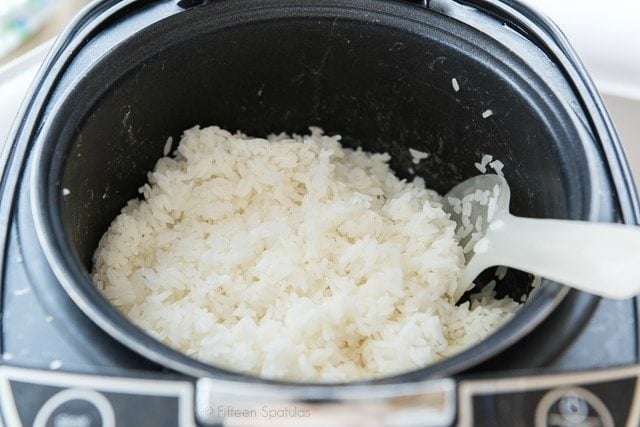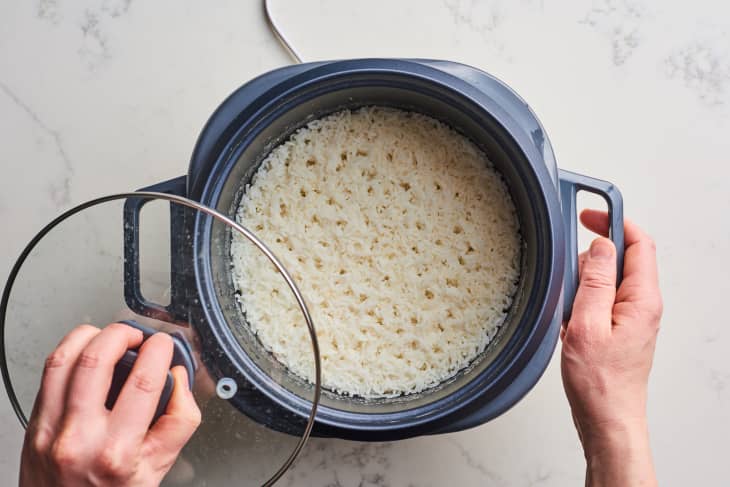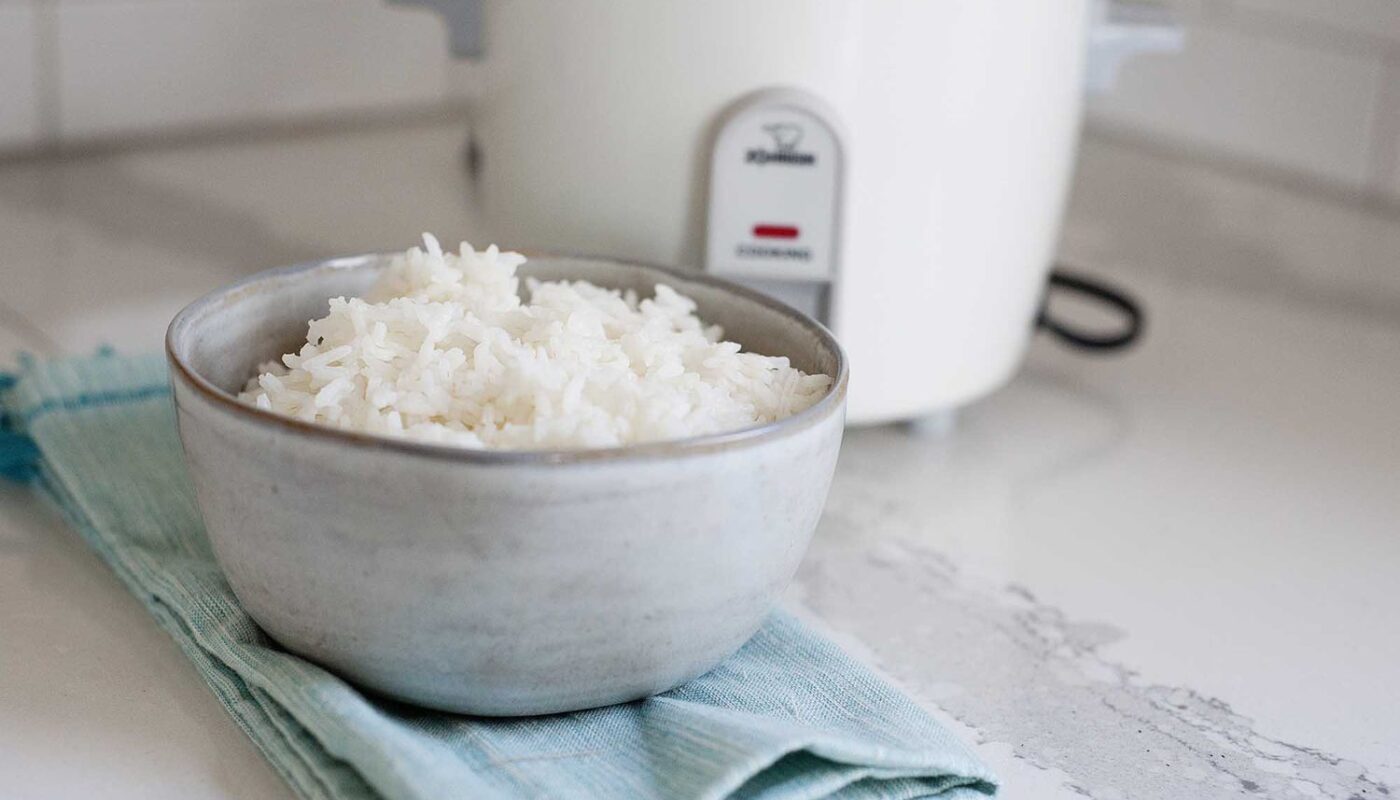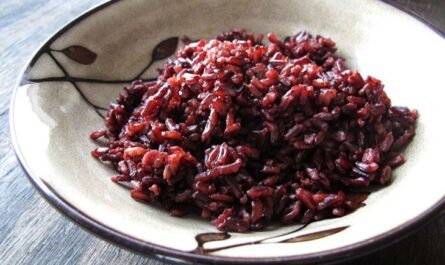A rice cooker is an essential appliance for many, especially for those who love sushi and other rice-based dishes. However, a common issue that many face is when the rice cooker smells bad. This can be frustrating, especially when you’re eager to prepare a delicious meal. In this article, we will explore why this happens and how you can resolve it to ensure your rice cooker always smells fresh.

Understanding Why Your Rice Cooker Smells Bad
The primary reason a rice cooker smells bad is due to leftover food particles and moisture. Over time, these can create an environment for bacteria and mold to grow, leading to unpleasant odors. Another reason could be the buildup of starch and sugars from the rice, which can also lead to a bad smell if not cleaned properly.
Common Causes of Odor in Rice Cookers
1. Food Residue: Sometimes, grains of rice or bits of food get stuck in the crevices, leading to bacterial growth.
2. Moisture: Leftover water can create a damp environment, perfect for mold.
3. Improper Cleaning: Not cleaning the cooker regularly or thoroughly can lead to odors.
How to Prevent Your Rice Cooker Smelling Bad
Prevention is key when it comes to avoiding bad smells in your rice cooker. Here are some tips:
Regular Cleaning Routine
Ensure you clean your rice cooker after every use. This includes washing the inner pot, the lid, and all removable parts. A detailed guide on cleaning a rice cooker can help you maintain your appliance effectively.
Dry Thoroughly
After washing, dry all parts thoroughly before reassembling. Moisture is a major contributor to mold and bacteria, so make sure everything is completely dry.
Airing Out the Cooker
Leave the lid open after use and cleaning to allow the rice cooker to air out. This helps prevent the buildup of moisture and odors.
Steps to Eliminate Bad Smells from Your Rice Cooker
If your rice cooker already smells bad, here are steps to eliminate the odor:
Deep Cleaning
Perform a deep clean by soaking the removable parts in a solution of vinegar and water. This will help break down any stubborn residues and neutralize odors.
Using Natural Deodorizers
Place a small bowl of baking soda or activated charcoal inside the cooker when not in use. These natural deodorizers will absorb odors.
Choosing the Right Rice Cooker to Avoid Odors
Sometimes, the type of rice cooker you use can also affect how quickly odors develop. Consider investing in a cooker with a removable inner lid and steam vent for easier cleaning. For more information on different types of rice cookers, you can visit this rice cooker buying guide.
Benefits of a Quality Rice Cooker
A high-quality rice cooker often comes with features that make cleaning easier, thus helping in preventing bad smells. Learn more about the differences between types of rice cookers at rice cooker vs pressure cooker.

FAQs About Rice Cooker Smells Bad
Why does my rice cooker smell bad even after cleaning?
Even after cleaning, if your rice cooker smells bad, it might be due to internal components not being dried properly or persistent food residues. Ensure thorough drying and consider using natural deodorizers.
Can I use bleach to clean my rice cooker?
It’s not recommended to use bleach as it can be harsh on the components and may leave a chemical smell. Vinegar and baking soda are safer alternatives.
How often should I clean my rice cooker?
Clean your rice cooker after every use to prevent odors and maintain hygiene. Regular cleaning will help extend the life of your appliance.
This article contains affiliate links. We may earn a commission at no extra cost to you.



